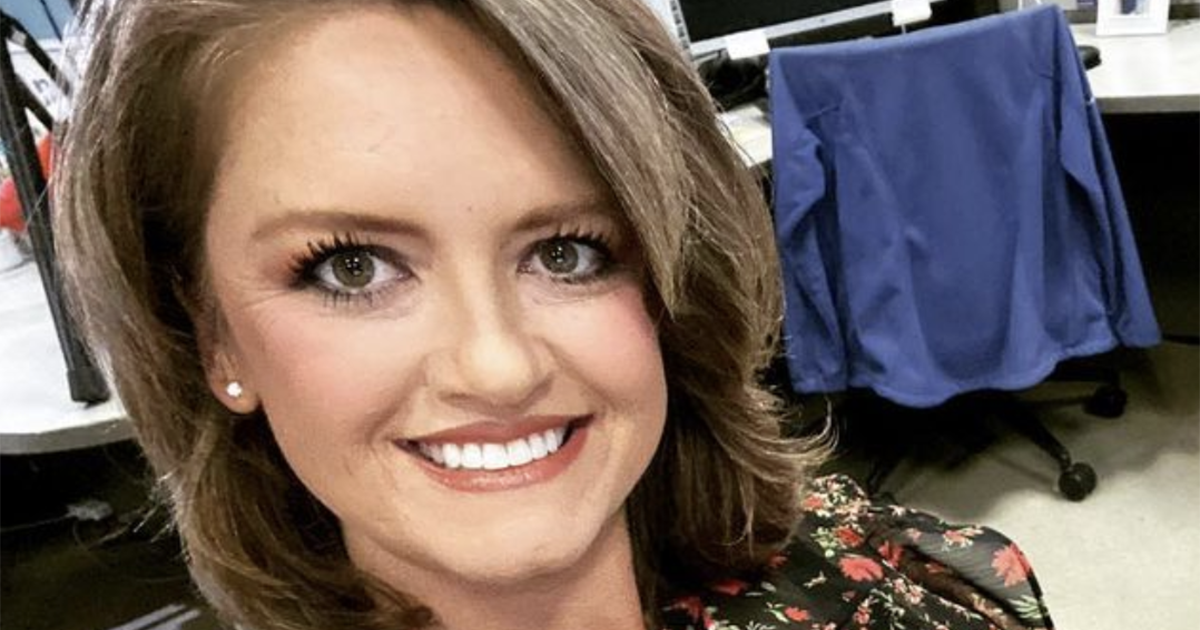Lindy is Having FUN in Remission from Cancer
- Fox anchor Lindy Thackston, 41, has been cancer-free for eleven months, and she’s continuing to thrive after beating cancer; she’s enjoying time with friends and family while in remission.
- Thackston battled colorectal cancer, which spread to her lung. She also recently had a biopsy which showed a growth on her body was benign.
- People aged 45 and over should get colonoscopies regularly; for people with a family history of colon cancer, they should start screening earlier.
In a recent post shared to Instagram, the Indiana journalist shared pictures of her beaming alongside friends, showcasing her son’s school artwork, and enjoying fun activities like a concert with her gal pals. We love to see Thackston thriving while in remission.
Read MoreView this post on Instagram
Lindy’s Colorectal Cancer Journey
Lindy Thackston was diagnosed with stage 3 colorectal cancer in May 2020. She went public with her diagnosis, as well as her treatment plan, and has continued to share updates with fans and followers. Thackston finished her chemotherapy treatment she had 10 rounds of chemo in spring 2021.

Thackston lost her hair while going through her cancer battle, as a result of chemotherapy and bravely shared her ever-changing look on social media. Sadly, in September 2021, the anchor shared with her fans on Instagram that her cancer had spread to her lung.
"Unfortunately my biopsy came back with the news the colorectal cancer has metastasized to my left lung. I am now technically stage four, but the good news is, my oncologists say it's curable," she said. Thackston had successful surgery on her lung, which led to this current state of being cancer-free.
What To Do When Colon Cancer Spreads to the Liver
Screening for Colon Cancer
During a colonoscopy, the doctor looks for polyps small white growths in the colon. Polyps can turn into cancer, and 95% of them are precancerous. When they're found during a colonoscopy, the polyp may be sent to a lab for testing to see if it indicates a risk of the presence of or future development of colon cancer.
While experts don't currently know exactly what causes colon cancer, they do point to certain risk factors. Risk factors for this disease may include one's diet, smoking tobacco, and drinking alcohol. Having a family history of colorectal cancer, as Bell does, can also increase the risk.
Cedars-Sinai colorectal surgeon Dr. Zuri Murrell tells SurvivorNet in a previous interview that diet plays a big part in the occurrence of colon cancer. He says, “It’s always my goal, and I think the goal of every colorectal surgeon, to basically end the disease. And this disease can be ended in two ways. Number one, diet.”
He continues, “The area in the world with the highest rate of colorectal cancer is right here in our great country of America. And the question is, why is this? Well in this country, we eat a lot of dyes that are high in meat, high in red meat, high in processed foods, and we also have a very high rate of obesity. And so we really do know how diet plays such an important part in this disease.”
People with an average risk of developing colon cancer meaning, no history of colon cancer in the family and no history of Lynch syndrome (an inherited syndrome that increases your colon cancer risk) should begin getting colonoscopies at age 45. People with a family history of colon cancer should begin screening before 45.
Lowering Your Risk for Colon Cancer
Healthy Diet to Lower Cancer Risk
Many people, including world-famous doctors, believe that food is medicine. Eating less processed foods may lower your cancer risk.
Marisa Gholson, a Physicians Assistant at Compass Oncology tells SurvivorNet in an earlier interview, "We get questions all the time about whether they should cut out dairy or sugar or soy. And basically what I tell patients is that you should eat a well-balanced diet."
Gholson says, "There's not great evidence that cutting out sugar or dairy or soy is going to slow down or reverse the growth of your cancer. So I think just making sure that you're getting the nutrition that you need."
She says that due to some cancer treatments, like chemo, some people may lose their appetite during their cancer journey. "One of the side effects of chemo can be a loss of appetite," Gholson explains. "You can also taste changes. So when those side effects occur, I tell patients just to try and eat whatever tastes good and to supplement with nutritional shakes like Ensure or Boost, just to make sure that they're getting the nutrition that they need to make it through treatment."
"Everything in moderation," she says.
Supportive Communities Through Cancer
Having a supportive community of loved ones during a cancer battle is critical; it can make the journey easier and you will feel more supported throughout.
In an earlier interview, ovarian cancer survivor Beverly Reeves stresses how critical it is to have a supportive, loving community guiding you during your cancer battle.
Reeves tells SurvivorNet, "If I had one piece of advice for someone who had just been diagnosed with ovarian cancer, it would be to get a strong support group together. Get your close friends. If you're connected to a faith community, get your faith community."
"Get your family," says Reeves. "Let them know what's going on and let them help you. And sometimes that's the most difficult thing to do, but just know that they are there. If they love you, they're there to help you. And don't be embarrassed."
She continues, "Because this is a cancer that not a lot of people want to talk about. But it's real and we need to talk about it, and we do need that help. So talk to your family and your friends and your faith community, and get that network together so they can support you and be there for you."
'Faith, Family, and Friends' Helped Beverly Reeves Get Through Ovarian Cancer Treatment
Learn more about SurvivorNet's rigorous medical review process.


